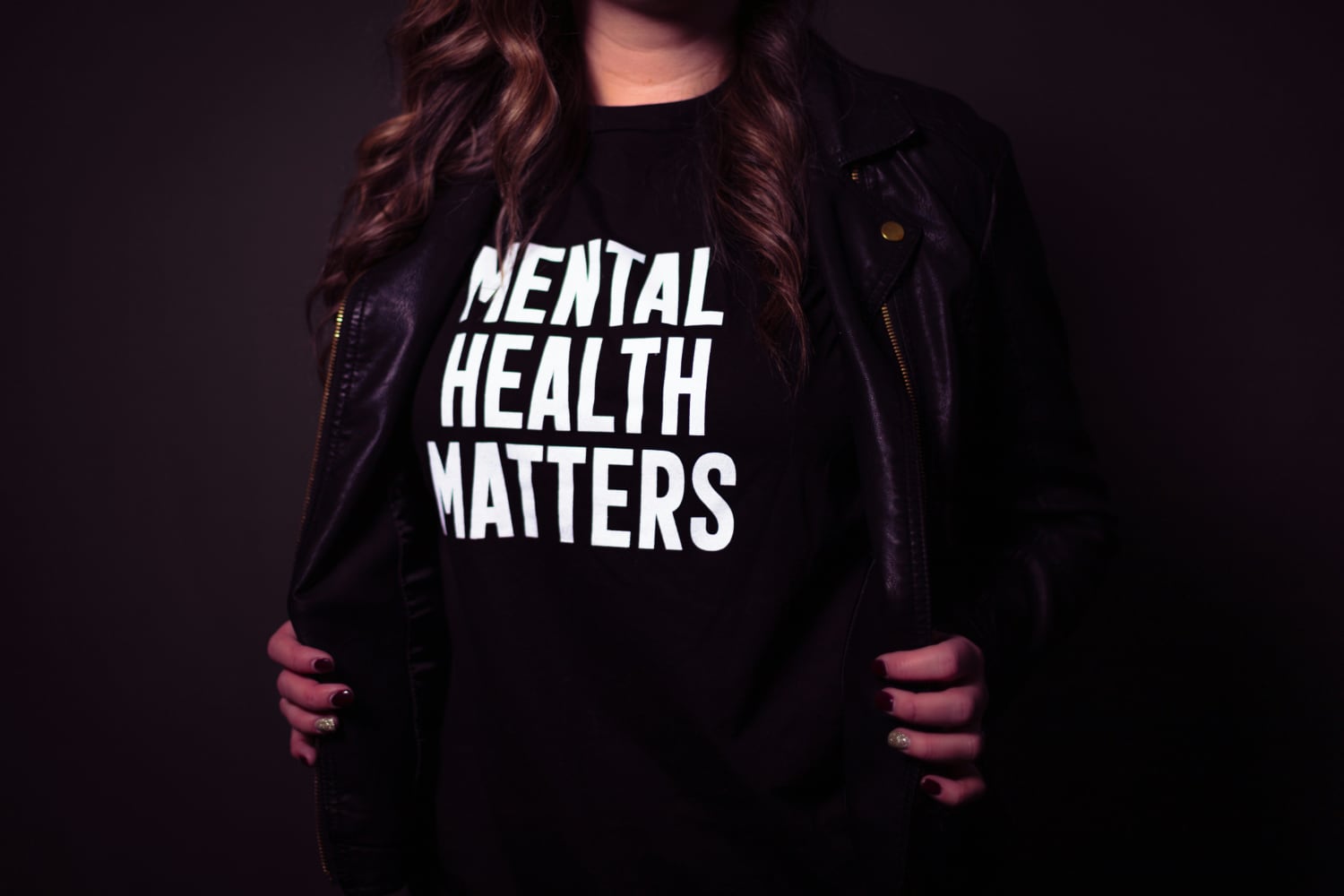Reintegration into society post-incarceration comes with its set of challenges, among which the aspect of mental health is significant yet often overlooked. The transition period can evoke a mix of emotions, from hope and excitement to anxiety and fear. Prioritizing mental wellness after release is crucial for a successful reentry, as it lays the foundation for overcoming obstacles and building a fulfilling life. This article aims to shed light on the importance of psychological health post-release, offering resources for counseling, stress management techniques, and ways to foster emotional well-being.
Understanding the Impact of Incarceration on Mental Health
Incarceration can have profound effects on an individual’s mental health, including increased risks of anxiety, depression, and post-traumatic stress disorder (PTSD). The sudden shift from a highly structured environment to the relative freedom and responsibility of the outside world can be overwhelming. Recognizing and addressing these psychological challenges is the first step toward healing and growth.
Resources for Counseling and Therapy
- Community Mental Health Services: Many communities offer free or low-cost mental health services, including counseling and therapy. These services are designed to help individuals address mental health concerns in a supportive environment.
- Reentry Programs with Mental Health Support: Several reentry programs include mental health support as part of their services. These programs understand the unique challenges faced by individuals post-release and provide targeted assistance.
- Online Therapy Platforms: Online therapy provides accessible and convenient options for those seeking mental health support. Platforms like BetterHelp and Talkspace connect users with licensed therapists via text, voice, or video sessions.
Stress Management Techniques
- Mindfulness and Meditation: Practices such as mindfulness and meditation can significantly reduce stress and anxiety, enhancing overall mental wellness. Many free resources and apps can guide beginners.
- Physical Activity: Regular exercise is not only beneficial for physical health but also for mental health, as it can reduce symptoms of depression and anxiety.
- Healthy Routines: Establishing a daily routine that includes time for self-care, work, and leisure can provide structure and reduce feelings of stress.
Fostering Emotional Well-Being
- Build a Support Network: Connecting with supportive family members, friends, or support groups can provide emotional stability and a sense of belonging.
- Engage in Activities You Enjoy: Pursuing hobbies and interests can bring joy and satisfaction, contributing to emotional well-being.
- Volunteer: Volunteering can offer a sense of purpose and community connection, boosting self-esteem and happiness.
Embracing mental wellness post-release is essential for navigating the challenges of reintegration and building a hopeful future. By utilizing available resources, practicing stress management techniques, and actively working towards emotional well-being, individuals can pave the way for a resilient and fulfilling life outside. Remember, seeking support is a sign of strength, and prioritizing your mental health is a crucial investment in your journey ahead.

